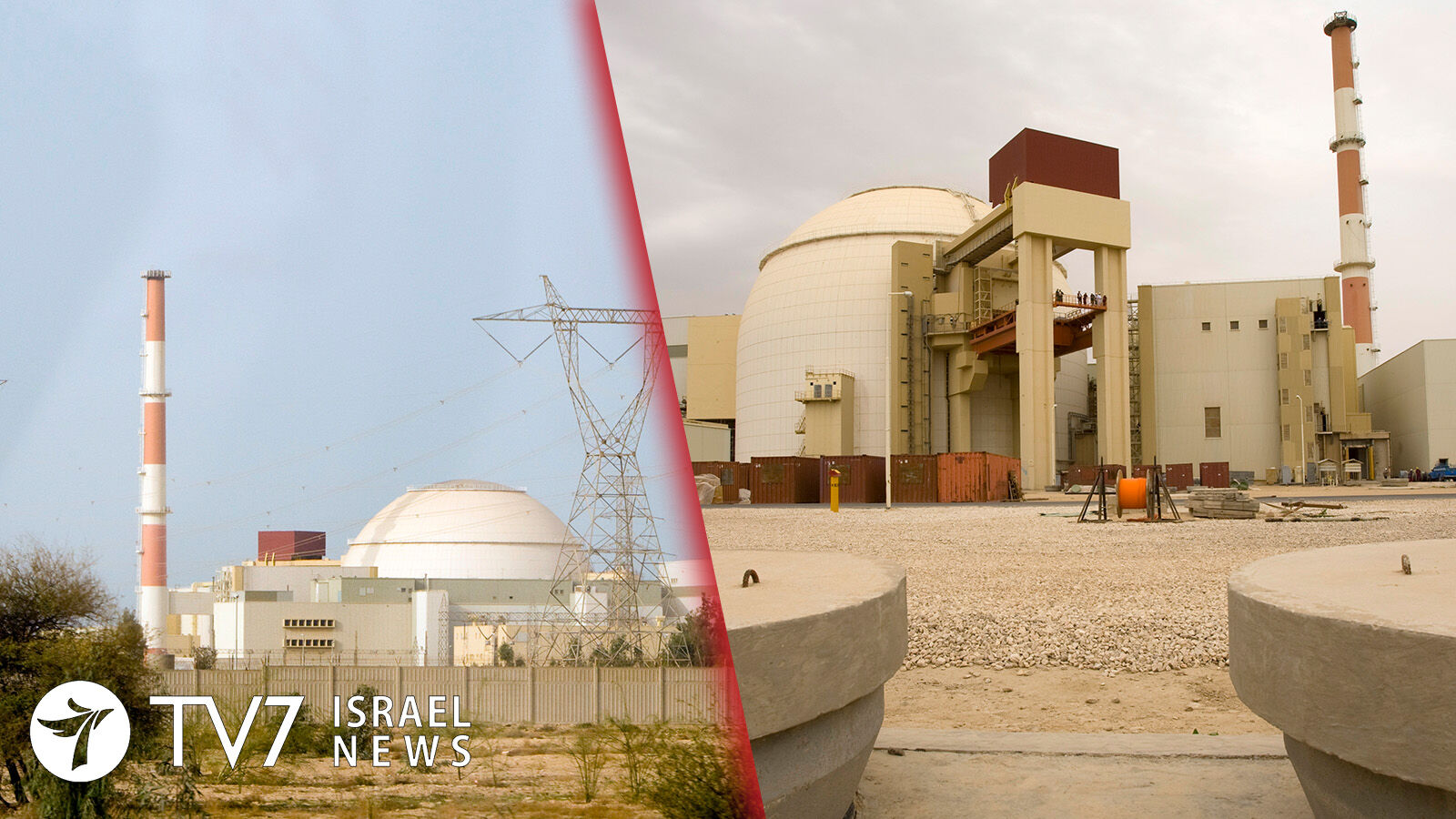The complex produces centrifuge components of replacing damaged or missing surveillance cameras.
– By Jonathan Hessen and Erin Viner
The latest report issued by the International Atomic Energy Agency (IAEA) to its Board of Governors confirmed permission has been given to enter Karaj for the intended purpose of replacing cameras that are missing, damaged or destroyed during sabotage committed this past June.
While Tehran claimed the move was made “voluntarily” to avoid “misunderstandings,” the report indicates the Islamic Republic will be allowed to examine a ‘sample camera’ in the presence of IAEA inspectors and provided with ‘technical information’ about it on December 19.th
An IAEA source, who spoke to TV7 on condition of anonymity, confirmed that “in the past the IAEA has provided member states upon request with such information to alleviate security concerns of inspected parties.”
And while the United Nations watchdog organization report emphasized that work on remaining outstanding safeguard issues is ongoing, Tehran appears to obstruct sign of visible breakthroughs with continued refusal logically explain the discovery of nuclear particles at a number of undeclared sites.
Even though the Ayatollah regime referred to the IAEA arrangement as “significant progress,” negotiations at the Vienna Talks to revive the 2015 Joint Comprehensive Plan of Action (JCPOA) have reached an impasse.
Two European diplomats told TV7 that Iran refuses to budge on its prerequisite to have all United States-imposed sanctions lifted prior to making any concessions on nuclear activities.
The US, France, Britain and Germany have repeatedly warned that Tehran’s obstinate approach threatens the likelihood of renewing the JCPOA.
The pact’s other international parties Russia and China are, however, backing Iran’s demand; because companies in both countries are subject to the punitive US economic measures for defiantly trading with blacklisted Iranian companies. Consequently, officials from Moscow and Beijing have taken every public opportunity to call for the removal of sanctions imposed by “third parties” – in reference to their own national industries.
“The United States unilaterally withdrew from the JCPOA on the Iranian nuclear issue and continued to exert extreme pressure on Iran, making it the initiator of the current Iranian nuclear crisis,” asserted China’s Deputy Ambassador to the UN Geng Shuang, adding, “The US has been hyping that the multilateralism is back, diplomacy is back, and the resumption of negotiations will constitute a litmus test for its renewed commitment. The US should lift all illegal sanctions on Iran and third parties, and then Iran, for its part, should resume full compliance with the JCPOA.”
Speaking at a UN Security Council session on the nuclear deal, the Chinese diplomat further charged Washington of failing to negotiate in good faith – all the while calling for the application of waivers of Tehran’s oil industry of which Beijing is a major procurer regardless of the US prohibition.
“While saying that it is willing to actively participate in the resumption of talks, the US recently escalated sanctions against Iran. This violates international law and basic norms governing international relations and does nothing to advance the negotiation process in disregard of the unanimous call of the international community,” charged Deputy Ambassador Shuang, stressing that his nation is “deeply concerned about this” and hopes the US “will take concrete actions to win the trust of the international community, show more sincerity and flexibility, and make greater efforts to reach consensus with Iran at an early date.”
“As a permanent member of the UN Security Council and a participant in the JCPOA, China is committed to upholding the effectiveness of the JCPOA, the authority of Security Council resolutions and the integrity of the international nuclear non-proliferation regime. China will continue to practice true multilateralism, take an active part in the resumption of negotiations on compliance with the JCPOA, and play a constructive role in bringing the JCPOA back on track, promoting the political and diplomatic settlement of the Iranian nuclear issue, and safeguarding the international nuclear non-proliferation regime as well as the peace and stability in the Middle East,” he went on to say.
Despite a briefing revealing ongoing Iranian uranium enrichment, UN Under-Secretary General for Political and Peacebuilding Affairs Rosemary DiCarlo signaled the world body’s apparent adoption of the Chinese and Russian narratives.
She stated that the UN calls on Tehran “to reverse the steps it has taken that are not consistent with its nuclear-related commitments” under the JCPOA, in accordance with the IAEA finding that “Iran has continued its research and development activities related to uranium metal production,” going on to “appeal” to Washington “to lift or waive its sanctions” as outlined in nuclear deal “and extend waivers” on Iranian oil trade as well as “certain civilian nuclear-related activities taking place at the Bushehr Nuclear Power Plant, the Fordow Facility, and the Arak reactor.”
